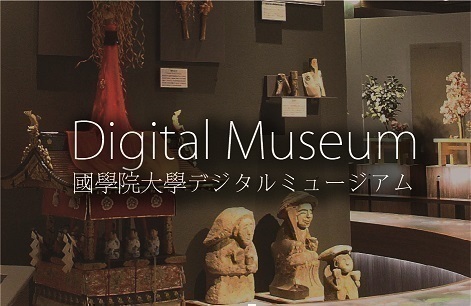- トップ
- Encyclopedia of Shinto
- Bakuchi
Encyclopedia of Shinto
| Main Menu: | |
| Links: |
詳細表示 (Complete Article)
| カテゴリー1: | 5. Rites and Festivals |
|---|---|
| カテゴリー2: | Performing Arts |
| Title | Bakuchi |
| Text | Gambling, or also games in which one wagers money or property and then competes over the outcome. The term can also refer to a gambler or someone who gambles for a living (bakuchiuchi). When written 博奕 it can also be read as bakueki or bakuyō. Can take the form of such dice amusements as sugoroku (a type of backgammon) and chobo (also choboichi) known from ancient times, as well as games like mekachi (staring competition). Prohibitions have frequently been issued by rulers and governments through the years. A passage in the Shin-sarugakuki that reads, "Great gamblers . . . should not lack any of these eight qualities: spirit, property, dexterity, energy, strength, wit, stealth, violence" is regarded as the typical example of gambler knowledge. While the outcomes in the case of such competitive sports as horse racing (kurabe-uma)and sumō were seen as a means of discerning the will of the gods, there were those who thought that divine will had an impact on the outcome of wagers in the case of gambling as well. Examples of how people would pray to kami and buddhas for such divine protection can be found in the Ryōjin Hishō. In section 365 it reads: "My child will have turned twenty now. He makes a living as a wandering gambler in gambling dens all over the place. He is my child, so of course I don't hate him. Don't let him get beaten, Prince of Sumiyoshi Nishinomiya." Another example comes from section 367, which says, "From behind the town of Kushinagaru (Skt.) ten Boddhisatvas appear; when gamblers pray to them, they produce the winning numbers one-six-three." Furthermore, the kyōgen play "Ten Gambling Kings" tells the story of a gambler who dices with Enma, King of Hell, scores a great victory, and goes to the Pure Land heaven (jōdo). Such interactions between humans and divine spirits (shinrei) taking place through the medium of gambling form one particular pattern that can be found throughout Japanese folklore. There is also the folk custom of placing dice as an offering in the part of a boat called the mori (often near the mast) where the guardian spirit of the boat is enshrined. — Yonei Teruyoshi |




